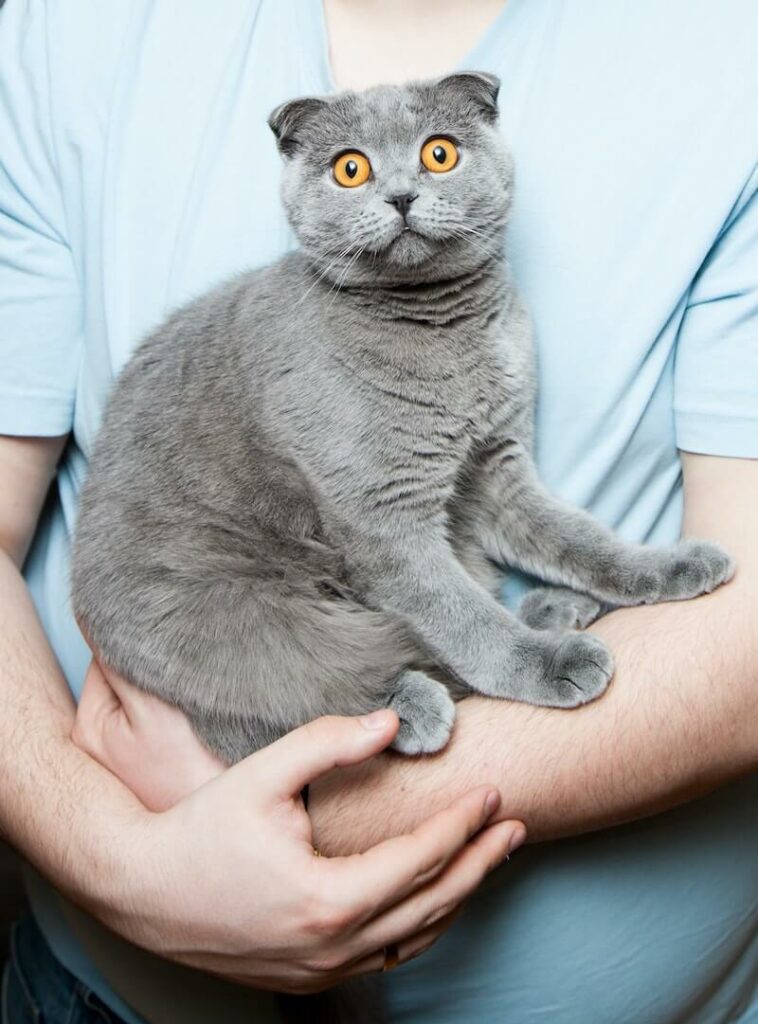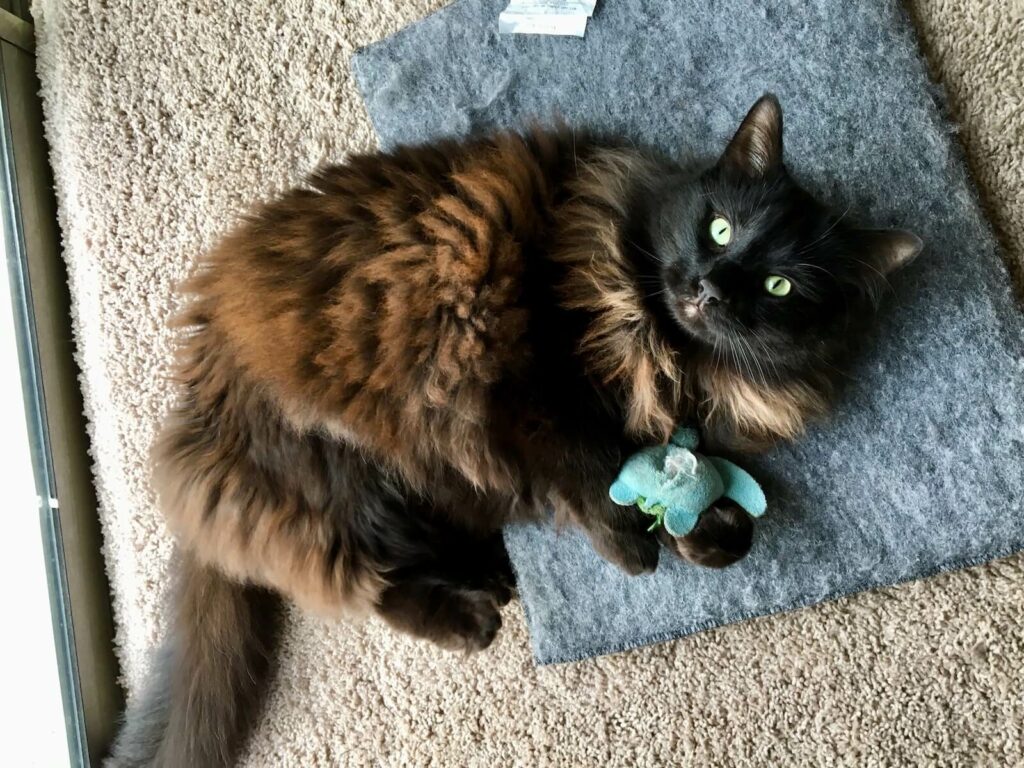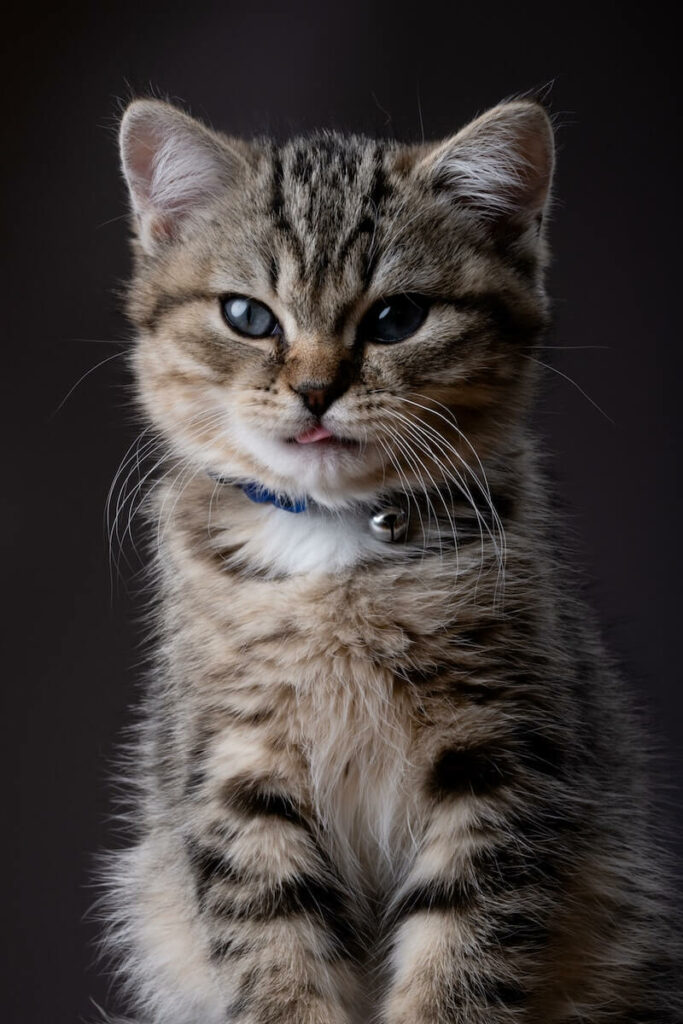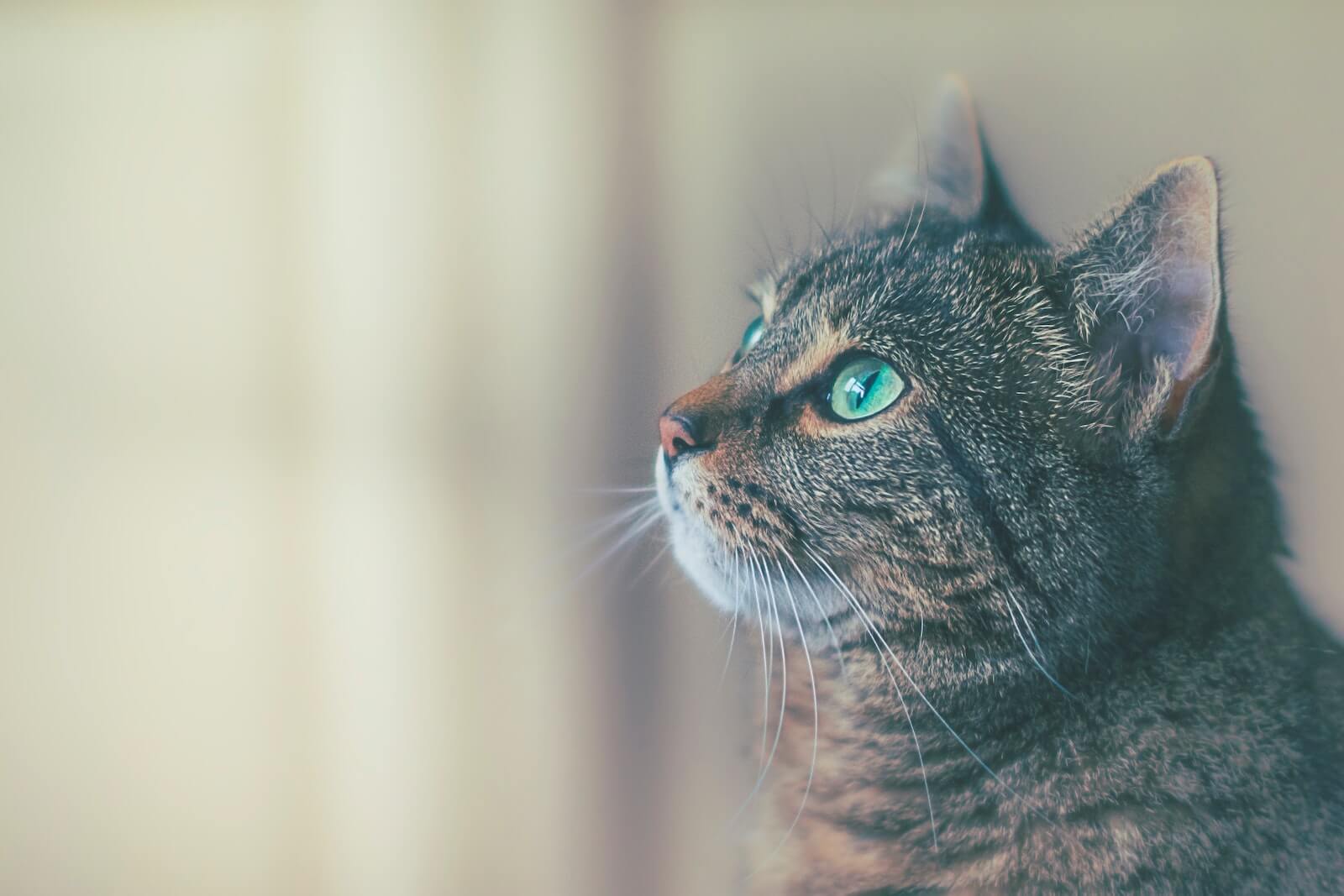We spend so much time with our cats that we often humanize their gestures and actions. If it’s cold, we put a sweater on them. We embellish them with a ribbon or a hat. They have different flavored treats, hundreds of toys, personalized beds, and the list are endless. We often want to treat their illnesses or attitudes as if they were those of a small child, and then we tend to misdiagnose them with conditions that do not correspond to their breed, such as autism. But wait, can cats have autism in the first place?
In this article, we will address a topic that more than one has questioned, autism and cats, and how not to think about it if felines, because of their independent nature, may show similar characteristics to those that we believe a person on the autism spectrum might have. Although there is nothing wrong with pampering your cat and wanting the best for him, we must not forget that no matter how many similarities he may share with us, he is still a cat.

What is autism?
Autism spectrum disorder (ASD) is the name given to several conditions that were once considered separate, such as autism, Asperger’s syndrome, or childhood disintegrative disorder, but are now considered part of the same category, i.e., different levels within the same spectrum.
ASD is a condition related to brain development that affects how a person perceives and relates to others, which can sometimes lead to problems with social interaction and communication. Symptoms and severity vary, but people on the spectrum generally behave, communicate, interact and learn differently than most people.
ASD signs and symptoms
People with ASD often have problems with communication and social interaction and exhibit repetitive behaviors. People on the spectrum often have different ways of learning, moving, or even paying attention.
Although not all of these differences become severe or dangerous, these characteristics can make life very difficult for people on the spectrum because society often doesn’t understand and adjust to their needs.
Can cats be autistic?
Autism is a genetic condition that causes people to develop differently because their brains function differently. Although your cat may share all or most of the behaviors expected of a person on the spectrum, the reality is that, to date, evidence suggests that cats cannot have any autism.

There are very few occasions in which we can say that a cat has a mental illness, for example, when it is anxiety or Obsessive Compulsive Disorder (OCD). However, they are situations that find their cause in an everyday trigger. That means they have nothing to do with a genetic accommodation different from the common one.
OCD in cats causes erratic, repetitive, and exaggerated behaviors, but they can be eliminated if we remove the trigger, for example, the source that stresses or scares the cat.
What cat behaviors are similar to those of someone under the spectrum?
Cats indeed have a very particular character and behavior, perhaps not what everybody would expect from their pet, especially if you are looking for a companion available 24 hours a day. Cats are very affectionate animals, but above all, they are independent felines with a predatory instinct that motivates most of their actions, for example, hiding for hours or not responding to their name. Although we could find many similarities with the behavior of someone on the spectrum, your cat only behaves this way because it is his nature.
Among the behaviors that most people would identify as typical of someone with autism are the following:
- Having difficulties while socializing
- Getting easily obsessed with particular objects or activities
- Preference for being alone
- Getting rapidly overstimulated
- Having a hard time with changes in their routine
- Easily scared by noises, lights, and crowds
- Repetitive actions (routine, routine, routine)
- Not wanting to be touched
- Avoiding eye contact or contact in general
If you think about it, almost all cats exhibit these behaviors varyingly. However, some may have more problems than others. For example, socialization, if they were not exposed to other people or animals at an early age. Another factor that causes some pet owners to question whether their cats have autism is their feline’s level of intelligence.
Although we love them, some are not bright, while others show incredible abilities, for example, remembering where we keep an object, opening doors, or even solving puzzles. Breeds like Abyssinians are often very intelligent, a characteristic of their breed. It has nothing to do with mental illness.

Can cats have autism? The bottom line
While it is true that cats cannot have autism, they can exhibit such erratic behaviors that could be detrimental to both their health and yours. Cats are easily upset and stressed creatures, often developing compulsive habits, such as excessive grooming, intense vocalization, or extreme fear resulting in aggressive reactions.
Be watchful because perhaps what is bothering your cat may be something at home, such as a dog that bothers him, a new smell that is too strong for his acute sense, or perhaps your new furniture rearrangement. Have you ever noticed a cat with erratic behavior? Let us know in the comments below!
